
Coordinated by Healthy Schools Network, the 23rd National Healthy Schools Day, will take place on Tuesday, April 8, 2025, and all week long.
This year’s event will feature State and Local Programs

Resiliency to extreme weather events is more essential than ever. State/Local Programs, plans, and funds to help schools stay open longer and/or reopen safely and quickly after disasters.
In the 2022-23 school year, this Berks County (PA) rural high school was closed due to damage from extreme weather. Students and staff missed school days and spent extra time travelling to schools out of the area.

Reducing the spread of colds, flu, and other infective diseases, and improving attendance and test scores by ensuring clean/fresh air, clean water, and clean facilities as recommended by EPA and by CDC.
Children breathe more air per pound of body weight than adults.
This Pacific Northwest-area classroom has high carbon dioxide (CO2) levels, which cause fatigue, poor concentration, and dizziness. Adult thinking skills decline at 1,000 parts per million CO2; the meter shows 4,069 ppm.

Programs and funds to assist schools in eliminating/controlling indoor sources of pollution and legacy toxics that when spilled or exposed are serious risks to first responders and clean-up crews.
Targets: lead in paint, water, and synthetic turf; shelves of old, outdated pesticides and laboratory and maintenance chemicals; PCBs; asbestos; elemental mercury; and PFAs in water and soil.
Pictured: The NYS Department of Environmental Conservation’s school chemical clean-out project at one high school found many outdated and/or mislabeled chemicals needing identification and sorting before proper disposal.
12:00 – 2:00 PM EDT (Virtually)
*Registration is required. Registration is free, donations appreciated
Children, Schools, and Wildfires (California)
Moderator:
Speakers:
Passcode: X3kTj4X=
3:00 – 5:00 PM EDT (Virtually)
*Registration is required. Registration is free, donations appreciated
School Indoor Air Enhancements (Connecticut, Rhode Island)
Moderator:
Speakers:
Passcode: j48@.ciF
3:00 – 5:00 PM EDT (Virtually)
*Registration is required. Registration is free, donations appreciated
State Curricula on Air Quality and Chemical Cleanouts
Moderator:
Speakers:
Passcode: $V.LxC1@
3:00 – 5:00 PM EDT (Virtually)
*Registration is required. Registration is free, donations appreciated
Melting Earth: Toxics and Moving Communities and Schools
Moderator:
Speakers:
Passcode: wX9WWY5%
1:00 – 3:00 PM EDT (Virtually)
Resilient Schools: Preparing for Extreme Weather, Dislocation, and Trauma Webinar Recording and Resources Moderator:Find resources for parents and personnel, schools and childcares, and their communities.
Graphics, flyers, posters, and decals can be used in a variety of ways to show your support and bring awareness to the day.
Since 2002, parents, teachers, school nurses, custodians, advocates, and agencies have promoted National Healthy Schools Day activities nationwide. Whether you are at the beginning stages of investigating school environments or have an established Indoor Air/Environmental Quality program, we invite you to host a local activity that educates others and celebrates your school’s successes.
National Healthy Schools Day is coordinated by Healthy Schools Network in partnership with many agencies and organizations. Together, we promote the use of EPA’s IAQ Tools for Schools guidance as well as other EPA environmental health guidelines and programs for schools and children’s health.
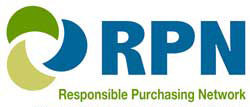



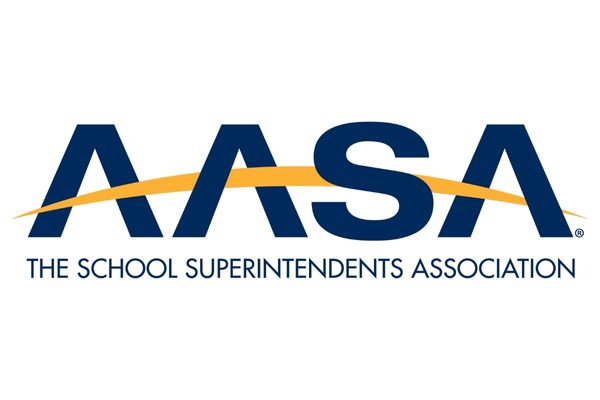
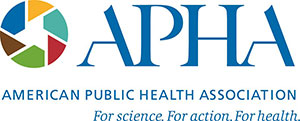







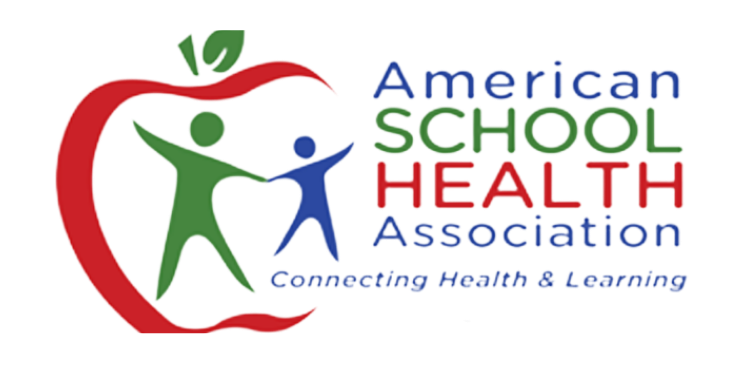

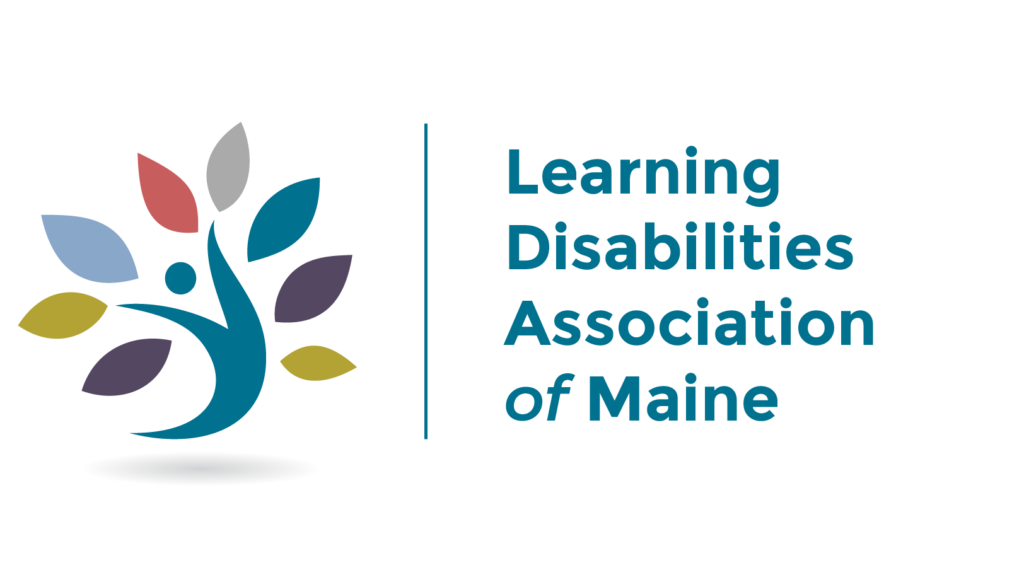
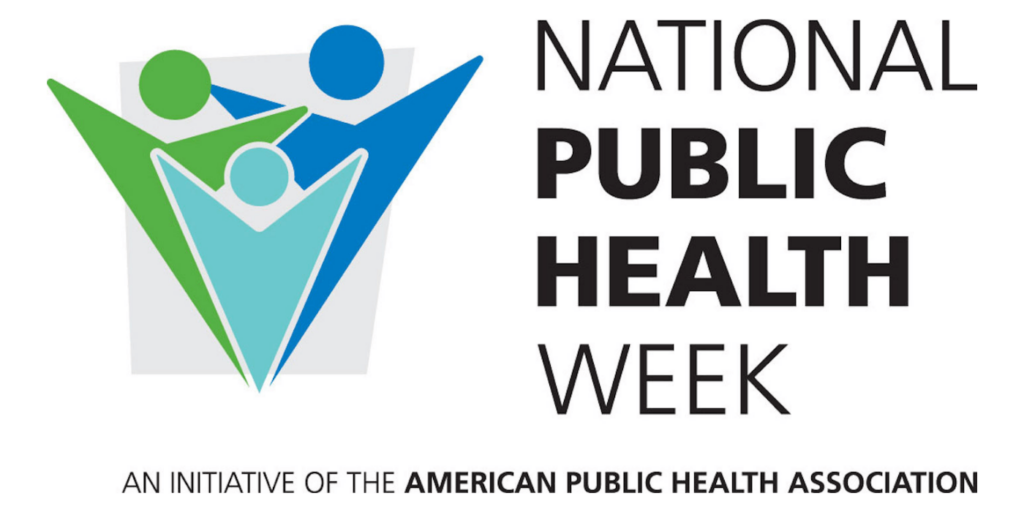
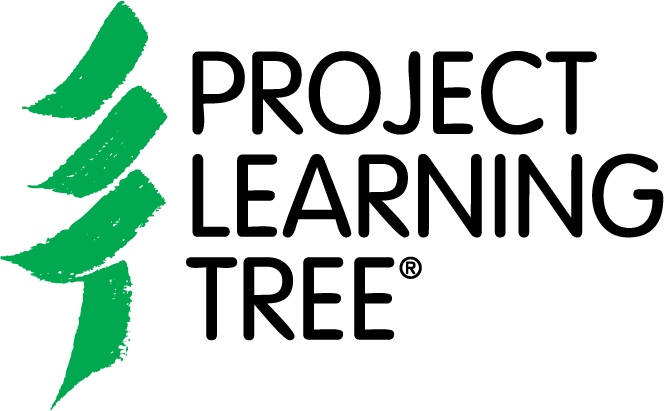
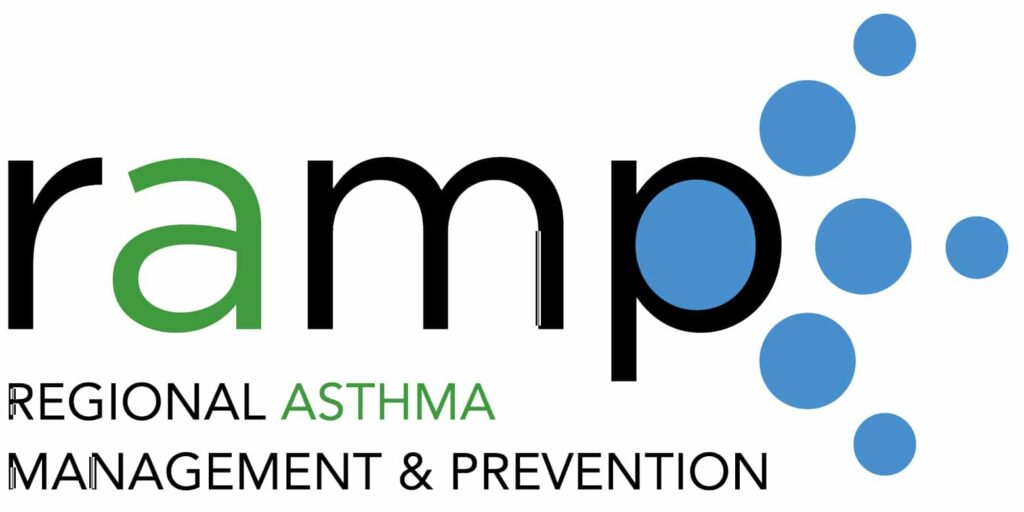
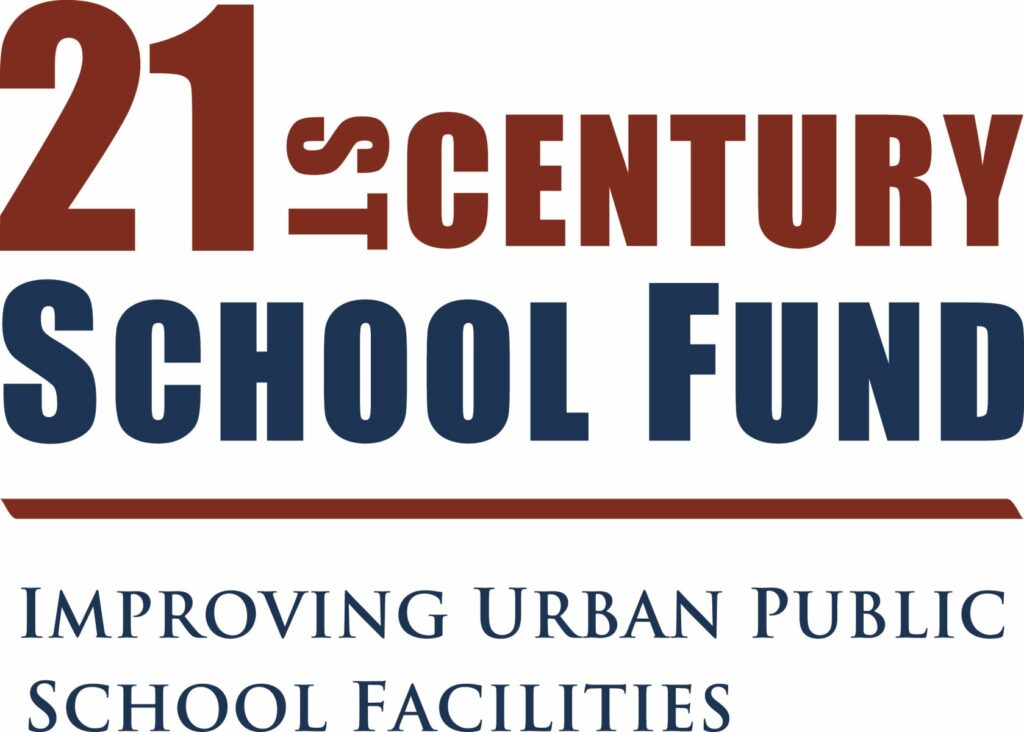
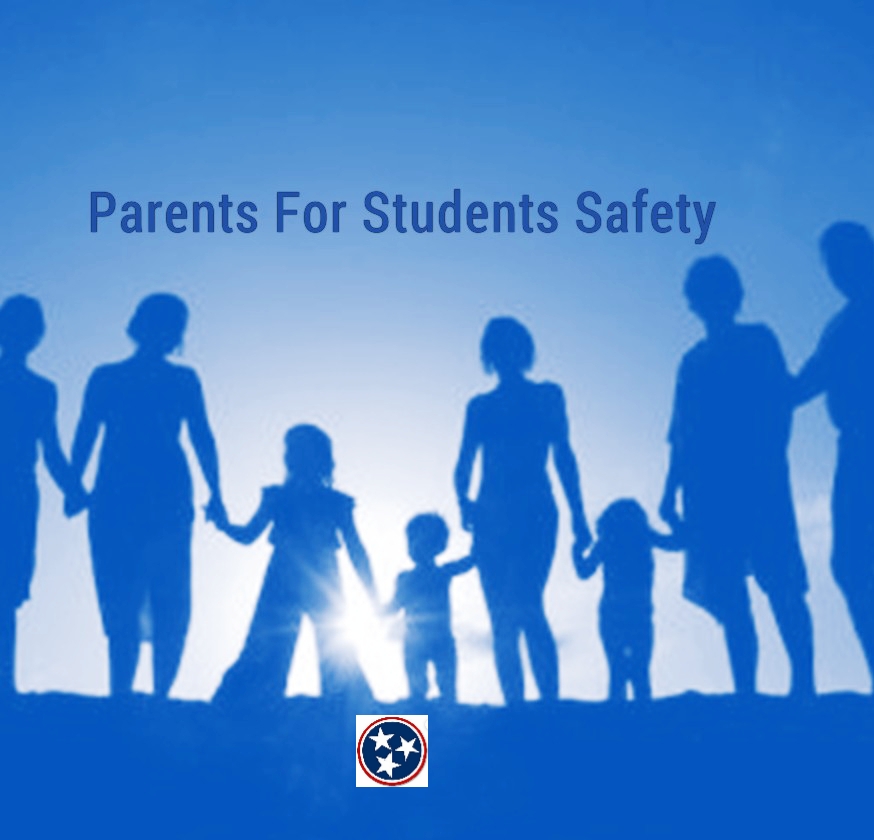







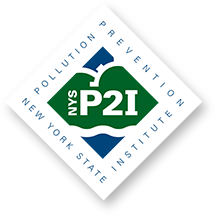
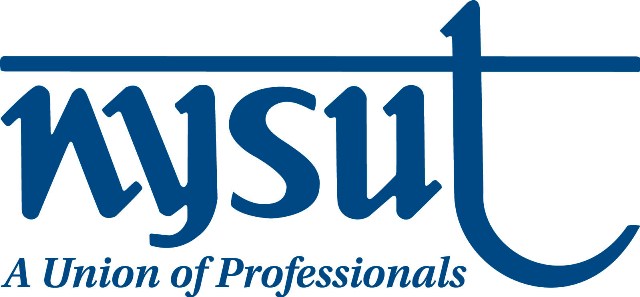

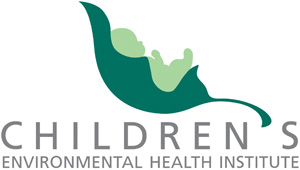



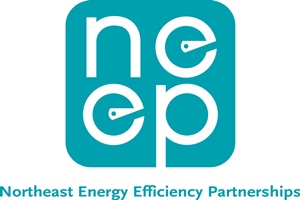
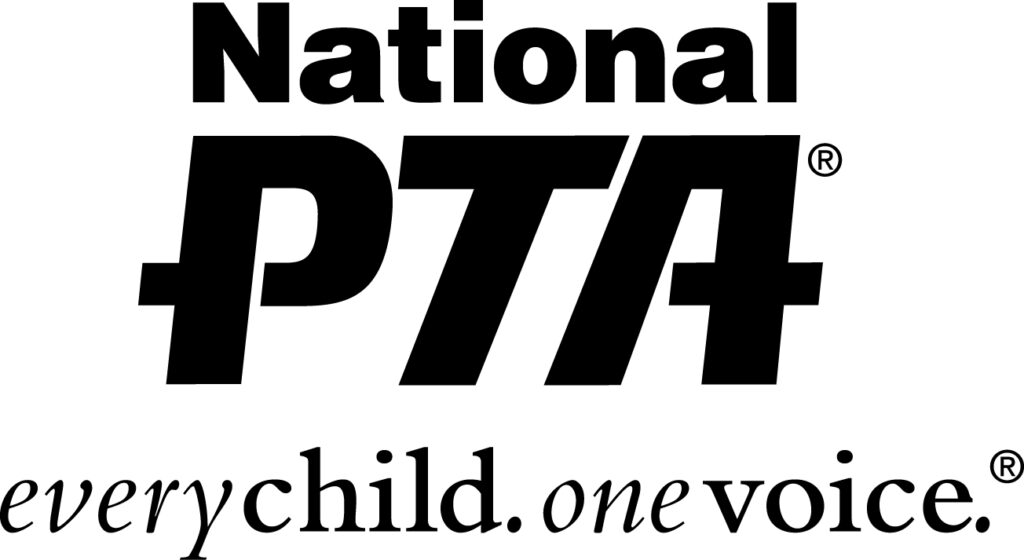
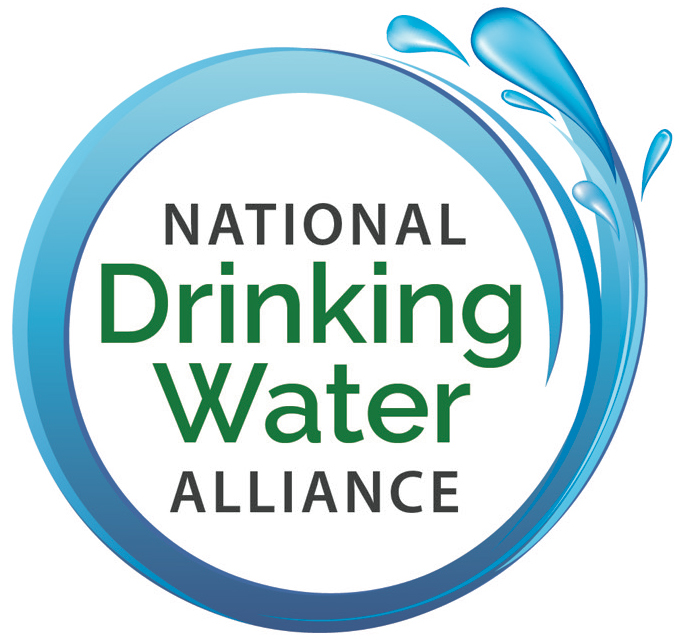
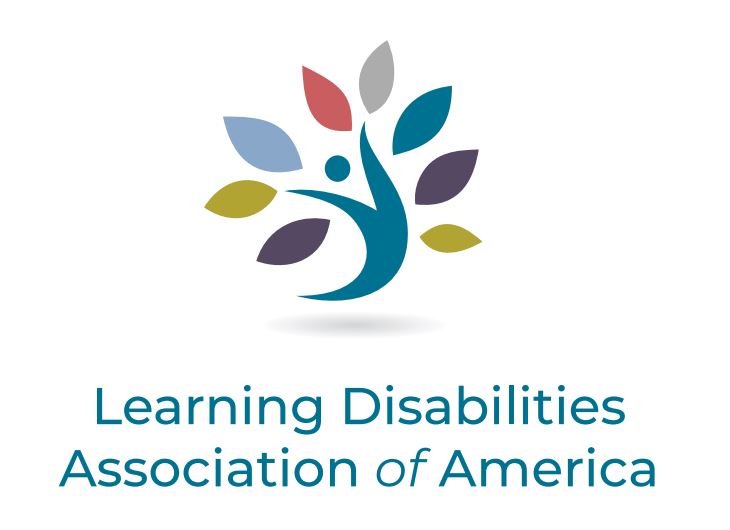

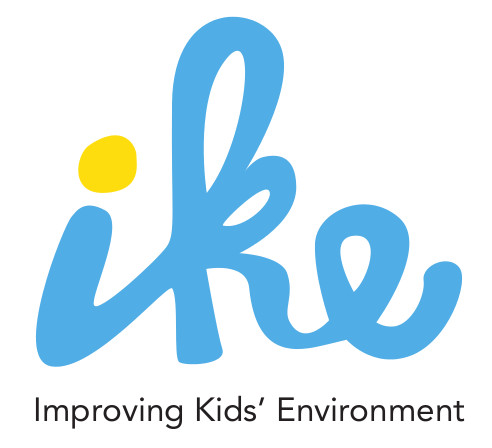

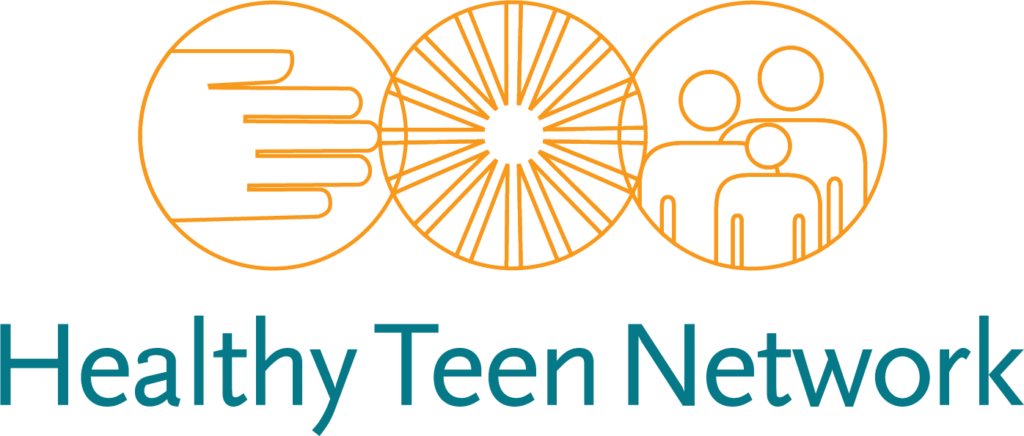



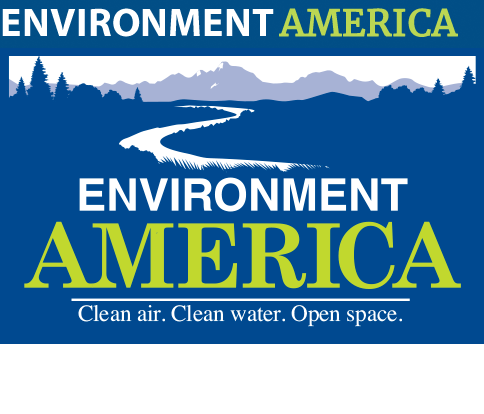
Moderator – John E. Reeder, MA, Executive Director, Healthy Schools Network, was appointed in March 2025. He leads national efforts to improve indoor air quality, eliminate toxic exposures, and promote safe, resilient school environments for children nationwide. Before joining HS Network, Reeder served as Vice President for Federal Affairs with the Environmental Working Group, a leading national environmental advocacy organization. Reeder’s career is deeply rooted in public service, including over 30 years at the U.S. Environmental Protection Agency where he held career Senior Executive Service positions including Deputy Chief of Staff, Director of Congressional Affairs, and head of the cleanup program for federal Superfund sites.
https://healthyschools.org/about/staff/
Rita V. Burke, PhD, MPH, Associate Professor of Clinical Population and Public Health Sciences, Pediatrics, and Spatial Sciences, Keck School of Medicine, USC. She has over 70 peer-reviewed publications and over 50 abstracts and book chapters. She is the former co-chair of the Research Committee for the Pediatric Trauma Society and current co-chair of the Los Angeles Children in Disasters Working Group, https://keck.usc.edu/faculty-search/rita-velikina-burke/. She is also a member of the National Advisory Committee on Children and Disasters, https://aspr.hhs.gov/AboutASPR/WorkingwithASPR/BoardsandCommittees/Pages/NACCD/rita-burke.aspx
Kristen Hengtgen, PhD, Lead II, College and Career Readiness on the P-12 policy team, ED Trust. She focuses on policies and practices that advocate for educational equity and increased access to and success in rigorous, culturally sustaining coursework that prepares students of color and students from low-income backgrounds for college, career, and beyond, see
Moderator – Tracy Washington Enger, MS, EPA IAQ TFS Coordinator (Ret’ d). Experienced senior government leader with 35-years of federal service that included experience designing, developing, and leading major environmental, health and community development programs and initiatives with Peace Corps and the U.S. Environmental Protection Agency. As a servant leader, Tracy coordinated and implemented numerous national public/private collaborations, partnerships, and communities of practice. Tracy has coached thousands of emerging local community leaders to transform their unique skills, commitment, and passion into dramatic, measurable results for their communities and the country. Tracy’s particular passion is for designing and facilitating dynamic, action-learning events that advance goals, surface new opportunities, and reshape the strategic landscape to build strong, resilient teams. Tracy holds a BS and MS in Journalism from Ohio University and is a graduate of the Newfield Network Coaching Program and the Georgetown Facilitation Certification Program.
Joellen Lawson, MS (School Health Education, MS Counseling), Founder, CT Foundation for Environmentally Safe Schools (ConnFESS); National Advisor for Healthy Schools Network; former Special Education teacher and consultant (23 years); volunteer for Connecticut Coalition for Healthy School Environments.
Kenneth Foscue, MPH, CT Department of Public Health, Environmental and Occupational Health Assessment Program, (26 years), Ret’ d; Coordinator for CT IAQ Tools for Schools Program (18 years) Ret’ d; volunteer, Connecticut Coalition for Healthy School Environments.
Joseph Da Silva, PhD, NCARB, Rhode Island School Building Authority, oversees the state’s public school construction program. During his tenure, the program has become a national high-performance green schools exemplar, while helping local education agencies (LEAs) and municipalities find efficiencies in facility planning and producing $100 million in savings in just the first four years. He is a founding member of the National Council of School Facilities and the Rhode Island Green Building Council and serves on the Rhode Island Green Advisory Committee and the Rhode Island Public Energy Partnership. .https://ride.ri.gov/funding-finance/school-building-authority and https://nesea.org/user/10451/presenter
Moderator – Mansel Nelson, MS, Northern Arizona University/ITEP, is the Senior Program Coordinator for the Tribal Environmental Education Outreach Program (TEEOP). He works with professionals, educators, and students to show how mathematics, science, and technology can be applied to understanding local and global environmental issues. He also organizes support for tribes and schools on Indoor Air Quality. https://www7.nau.edu/itep/main/About/staff_MNelson
Madelyn Percy, PhD (she/ella), Education Unit, Air Pollution Control Division, Dept. of Public Health and Environment, Colorado. Prior to her work for the state, she taught high school science for almost fifteen years and has been a co-author on numerous curricula. She recently received the Colorado Association of Science Teachers’ Friend of Science award for her work on incorporating environmental health into science classes across the state of Colorado. Her doctoral research in geological science focused on dust (PM10) deposition in the tropics. https://www.linkedin.com/in/madelyn-percy-phd-76ab1521/
Kathy Reiner, MPH, BSN, RN, AE C, FNASN, School Nurse Specialist, Health Services, Colorado,
is a School Nurse Consultant with 24 years of school nurse experience and 10 additional years as a public health professional. She is a past member of the National Association of School Nurses, (NASN) Board of Directors, and chaired the Healthy Communities Strategic Committee. Kathy is a 2019-20 Alliance of Nurses for Healthy Environments, (ANHE) Fellow and represents NASN on ANHE’s Nursing Collaborative for Climate Change and Health, Nursing Collaborative on Environment, Maternal-Child and Women’s Health, and serves on the Climate Change and Advocacy work groups. https://healthyschools.org/about/board-of-directors/
Sarah Briggs, MS, Senior Research Specialist and the Program Manager for Green Chemistry and Emerging Contaminants at the NYS Pollution Prevention Institute (NYSP2I) at Rochester Institute of Technology, where she executes green chemistry initiatives and conducts research focused on the reduction of toxic chemicals in products and industrial applications. Prior to joining NYSP2I, she held positions as a research chemist, educator, and EH&S safety specialist. Ms. Briggs holds an MS. In Chemistry from the University of Minnesota Twin Cities, an MA in Chemistry and a BA in Chemistry and English Literature from Wesleyan University.
Moderator – David Carpenter, MD, MPH, Institute for Health and Environment, University at Albany, was the founding Dean of the School of Public Health at the University of Albany. His research areas include environmental exposures to toxins, public health education, and neurotoxicology, https://www.albany.edu/cihs/faculty/david-o-carpenter and https://healthyschools.org/about/board-of-directors/
Pamela Miller, Executive Director, Alaska Community Action on Toxics (ACAT), is the founding executive director of ACAT with more than 35 years of research, education, and advocacy experience. Pam works passionately for environmental and reproductive justice, health, and human rights. https://www.akaction.org/team/
Britanni Robbins, BA, Civic Engagement Coordinator, Alaska Community Action on Toxics, Brittani Robbins (She/Her) is from Wrangell, AK. Her mother and her grandfather were born and raised in Okarchee, OK and are recognized by the Cherokee Nation Tribe. She earned her BA at Pacific Lutheran University in Tacoma, WA, and helped run the family business, Bobs’ IGA, in Wrangell for over twenty years. She is a former Executive Director of the Wrangell Chamber of Commerce, led a Civic Engagement team with the Rural and Indigenous Outreach program at the Mobilization Center, and currently sits on the City and Borough of Wrangell Assembly. In her spare time, she sits on the little league board, coaches Major League, and enjoys any time when the sun is shining. Brittani is excited to bring her passion for change and equity to the ACAT team.
Moderator – Dr. Leslie Rubin is an internationally respected developmental pediatrician and a leader in addressing children’s environmental health disparities. He serves as Associate Professor of Pediatrics at Morehouse School of Medicine, Adjunct Associate Professor at Emory University School of Medicine, Medical Director of the Rubin Center for Autism and Developmental Pediatrics, and President and Founder of Break the Cycle of Health Disparities, Inc.
In 2004, Dr. Rubin launched the Break the Cycle of Children’s Environmental Health Disparities program to inspire the next generation of leaders to tackle environmental and social determinants of children’s health. Having just completed its 20th year, the program has engaged more than 200 students from 50 academic departments in 21 states and eight countries in Africa and Latin America, producing over 200 peer-reviewed publications and 18 books in its public health series. The program is conducted in partnership with the SoutheastPediatric Environmental Health (PEHSU), and it received the EPA Children’s Environmental Health Excellence Award in 2016.
Dr. Rubin’s work centers on promoting health equity and environmental justice for children worldwide, particularly as climate change amplifies health risks and displaces vulnerable populations. His advocacy stresses that addressing children’s health disparities is essential to building community resilience and helping schools and families prepare for and recover from environmental trauma and extreme weather events. His career combines clinical expertise with global advocacy to protect children’s health in the face of environmental and social challenges.
Brian Kasher is a nationally recognized environmental health and safety expert with more than three decades of experience in occupational and environmental preparedness. Named a White House Champion of Change and EPA Mentor of the Year, Brian is a Certified Instructional Trainer with the Board of Certified Safety Professionals, an ISO 14001 Certified Lead Environmental Management System Auditor, and a North Carolina Emergency Preparedness Manager of Environmental Health and Safety (EP-MESH).
Brian has been on the front lines of natural disaster response, serving as “first boots on the ground” for federal agencies and private disaster assessments across the Southeast. For 12 years, he served as the environmental technical expert for the North Carolina Baptist Men’s Disaster Relief Safety Team, certified in disaster relief administration, communications, mass feeding, recovery, and medical response. His experience extends to national security preparedness; he holds multiple certifications from the Texas A&M Engineering Service (Department of Homeland Security) in Critical Infrastructure Security and Resilience and Weapons of Mass Destruction response.
An educator as well as a practitioner, Brian has developed and delivered hundreds of accredited occupational and environmental health training programs nationwide. He co-authored the model EPA asbestos worker training curriculum, created a 40-hour anthrax terrorism response training program in Washington, D.C., and regularly speaks at national and international environmental health and safety conferences. Brian holds a Master’s in Public Advocacy, a Graduate Certificate in Public Management Practices, and a Graduate Certificate in Adult Education, reflecting his lifelong commitment to preparing communities, schools, and responders for environmental and health emergencies.
Joel Scheraga is a nationally and internationally recognized authority on the risks that climate change poses to public health, the environment, and the economy. Until recently, he served as the Senior Advisor for Climate Adaptation in the Office of Policy within the Office of the Administrator at the U.S. Environmental Protection Agency (EPA). In this role, he led EPA’s efforts to ensure that its programs, policies, and operations continue to protect public health and the environment as climate risks grow, with a strong focus on environmental justice and support for states, tribes, and local communities.
Joel played a key role in shaping the Biden Administration’s National Climate Resilience Framework (2023) and authored EPA’s 2021 Climate Adaptation Action Plan and 2024–2027 Climate Adaptation Plan, which are integrating climate resilience into every aspect of the agency’s work. Under his leadership, EPA modernized its financial assistance programs to promote climate-resilient investments, prioritized the resilience of infrastructure funded by the Infrastructure Investment and Jobs Act and Inflation Reduction Act, and advanced partnerships with communities, businesses, and philanthropic organizations to build national adaptive capacity.
A Lead Author for the Intergovernmental Panel on Climate Change (IPCC), which shared the 2007 Nobel Peace Prize, Joel was also honored with a Presidential Rank Award for his leadership as a career member of the federal Senior Executive Service. His decades of work emphasize preparing schools, communities, and vulnerable populations for climate-related disruptions while protecting health, particularly for children and those in underserved communities.
Is your school planning or doing renovations or repairs? Make sure that contractors protect occupants from dust, fumes, debris, and heavy equipment.
See our RESOURCES on safe renovation practices.